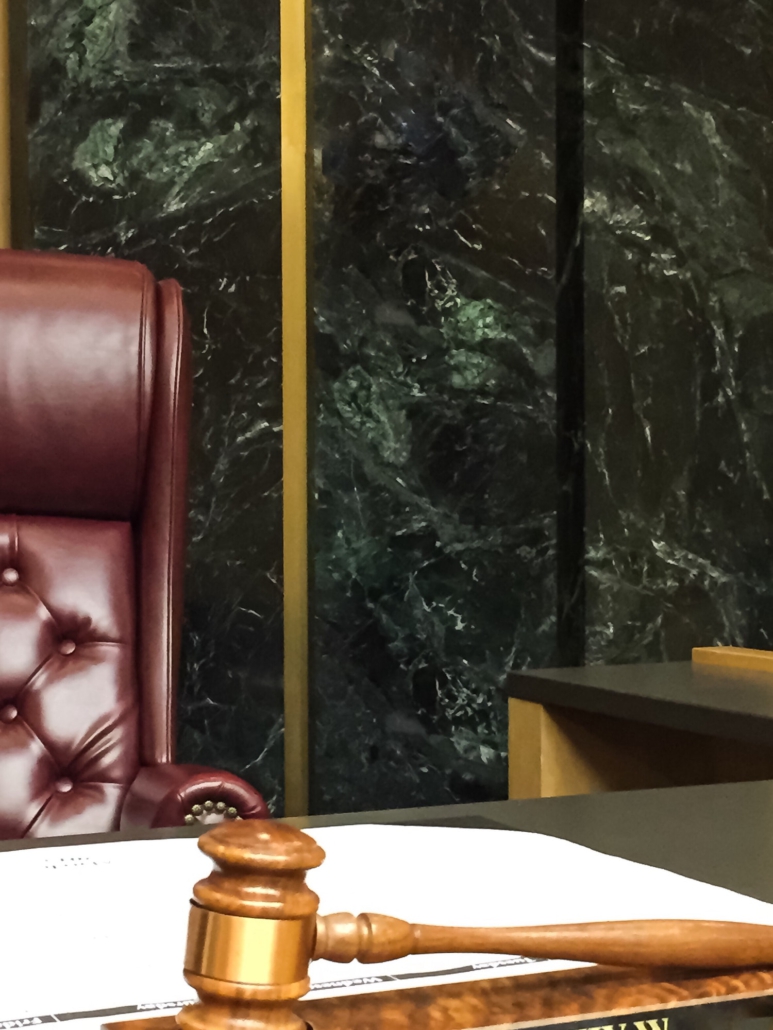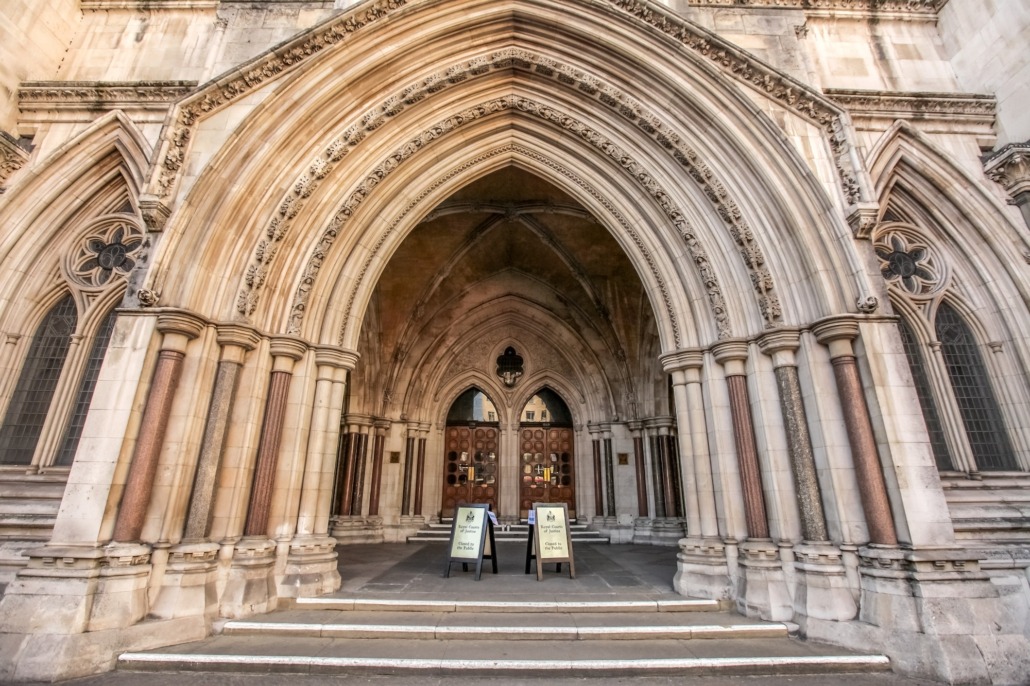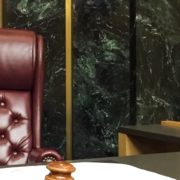BGH on the legal consequences of thwarting evidence
/in Nicht kategorisiertLEGAL+ NEWS

In legal disputes, it happens time and again that a party impedes the opponent’s presentation of evidence by thwarting evidence. In these cases, the practical question arises as to whether and, if so, with what legal consequences it can be assumed that evidence has been obstructed.
The clarifying BGH ruling of 16.11.2021 (case no. VI ZR 100/20) on the legal consequences of obstructing evidence
In a recent ruling, the Federal Court of Justice (BGH) made important findings in this regard and, in particular, eliminated a frequently encountered misconception that evidence is deemed to have been provided in the event of the obstruction of evidence. The BGH stated in its ruling of 16.11.2021 (case no. VI ZR 100/20):
“(…)
Contrary to the opinion of the appeal, however, the plaintiff is not deprived of proof of his allegations in this regard because he could be accused of obstructing evidence due to the sale of his vehicle in September 2017. Evidence can only be said to have been obstructed if the party not bearing the burden of proof culpably makes it impossible or more difficult for the opposing party bearing the burden of proof to provide evidence by destroying or withholding existing evidence or making its use more difficult (BGH, judgments of June 25, 1997 – VIII ZR 300/96, NJW 1997, 3311, juris para. 18; of June 11, 2015 – I ZR 226/13, WRP 2016, 35 para. 44 – Deltamethrin I mwN). However, by selling his vehicle, the plaintiff did not impede the defendant’s burden of proof, but at most his own. This is because he is obliged to provide evidence that his vehicle was completely and professionally repaired in accordance with the specifications of the pre-trial expert.
Apart from this, the assumption of a frustration of proof does not lead to the legal consequence claimed by the appeal. If the prerequisites for the obstruction of evidence by the opponent of the party with the burden of proof are met, the burden of proof may be eased in favor of the party with the burden of proof, which may in some circumstances go as far as reversing the burden of proof. The obstruction of evidence, on the other hand, does not mean that no evidence can be taken at all and that the submission of the party with the burden of proof would be considered proven (see BGH, judgment of June 11, 2015 – I ZR 226/13, loc. cit. para. 48 et seq. – Deltamethrin I mwN).
(…).

This judgment on the possible legal consequences of the obstruction of evidence contains the following important findings for the conduct of proceedings:
- Obstruction of evidence refers solely to the case where the party not bearing the burden of proof makes it impossible or difficult for the other party to provide evidence.
- If necessary, the legal consequence in favor of the party with the burden of proof may be a reduction in the burden of proof and, under certain circumstances, a reversal of the burden of proof.
- One of the possible legal consequences of the obstruction of evidence is not that the evidence is deemed to have been provided, with the result that the disputed fact would be deemed to have been proven.

LATEST ARTICLES

Guide to International Civil Procedure: Recognition and enforcement of foreign judgments in Germany
Once a judgment has been successfully obtained against a German debtor abroad (in a third country), the creditor is faced with the important practical question of how to actually get his money.
If the German debtor does not pay voluntarily, only the enforcement of the judgment will help. However, since in most cases the German debtor only has assets in Germany that could be enforced, the foreign judgment must be enforced in Germany. This requires that the foreign judgment has first been declared enforceable by a German court. This declaration of enforceability is the subject of separate court proceedings against the debtor in Germany, at the end of which, if successful, an enforcement order will be issued.
The following article deals with the content of these proceedings.

Guide to appeal law – Importance of the content of the grounds of appeal for the scope of review by the court of appeal
The view that the content of the grounds of appeal determines the scope of review by the court of appeal is widespread. According to this view, the grounds of appeal must contain all complaints regarding the first instance judgment that the appellant wishes to have reviewed by the court of appeal. If the appellant omits a complaint, this would mean that the court of appeal itself would have to ignore legal violations that it has recognized and deemed to be significant.

Possibilities of contesting a settlement concluded in court
Civil proceedings are often concluded by way of a settlement between the parties during the course of the proceedings. This is often done with the help of the court. Practice shows that such a settlement, despite the involvement of the court, is not without its pitfalls. I would like to provide an overview below.
CONTACT

+49 (40) 57199 74 80
+49 (170) 1203 74 0
Neuer Wall 61 D-20354 Hamburg
kontakt@legal-plus.eu
Benefit from my active network!
I look forward to our networking.
This post is also available in: DE


